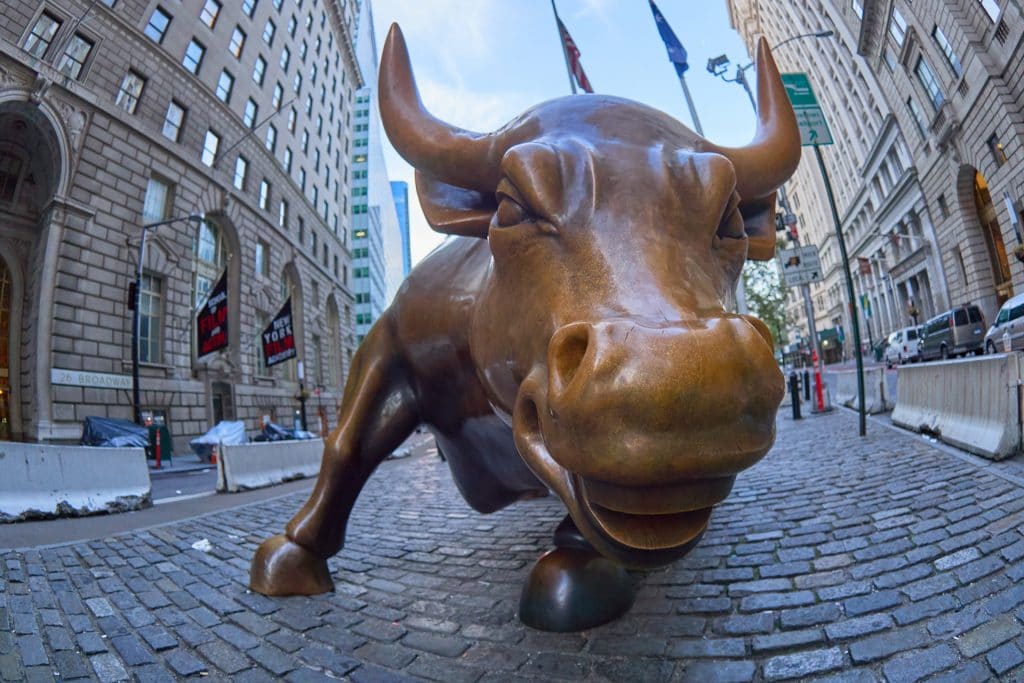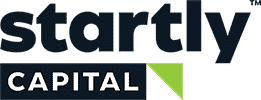Exempt Market Offerings: Regulation D

Regulation D is a sub-section of the 1933 Securities Act which dictates how companies can raise venture capital via exempt offerings in the United States. Alternately known as a private placement offering, Regulation D dates back to 1982 when, in an effort to create new venture capital opportunities for small businesses, the SEC drafted a new set of exemptions from the public registration requirement. There are three rules through which startups looking to sell unregistered securities can qualify for an exception under Regulation D:
Rule 506(b)
Companies that fulfil the following requirements can sell unregistered securities under Regulation D:
- The company does not use general solicitation or advertising to market the securities being sold.
- The company restricts sale of its securities to a maximum of 35 non-accredited investors. Accredited investors are not subject to any purchasing limits. All non-accredited investors must have sufficient knowledge and experience so as to make informed choices about the securities in question.
- The company provides information to accredited investors that is free of fraudulent or misleading data, including critical omissions. All information is made available on an equal basis to non-accredited investors, who are also provided with disclosure documents and financial statements regarding the investment.
- The company is available to answer questions from prospective purchasers.
Rule 506(c)
Companies that fulfil the following requirements are authorized to solicit broadly, and generally advertise the exempt offering under Rule 506(c):
- The company sells exclusively to accredited investors.
- The company takes reasonable steps to verify that all investors are accredited, including reviewing relevant documentation to verify income, position, and/or assets.
- Companies that sell unregistered securities under Rule 506(c) are not limited in the amount of money they can raise.
Securities sold under Rule 506 carry the following conditions:
- There is no maximum limit for companies raising money under Rule 506.
- Purchasers of securities offered pursuant to Rule 506 receive “restricted” securities; this means they cannot be sold for at least six months or a year, and that the restrictive legend must be removed before the securities can be resold to the public.
- Companies must file Form D with the SEC after selling their unregistered securities.
Accredited Investors
Both Rule 506(b) and 506(c) outline exceptions for accredited investors. This refers to individuals who fulfil certain criteria under Rule 501 of Regulation D, including but not limited to:
- An individual with a net worth or joint net worth in excess of $1,000,000.
- An individual with an annual income in excess of $200,000 in each of the two most recent years, or with joint income in excess of $300,000 in each of those years and an expectation of reaching the same level in the current year.
- Institutional investors such as banks, brokers, insurance companies, employee benefit plans, etc.
- An entity in which all the equity owners are accredited investors.
The SEC has recently proposed a widening of the accredited investor category. Details of the proposed changes can be found here.
Rule 504
Companies selling up to $5,000,000 of securities over a 12-month period can qualify for a registration exemption under Rule 504.
Securities sold under Rule 504 carry the following conditions:
- All information provided by the issuing company to investors must be free of fraudulent or misleading data, including critical omissions.
- Purchases of securities offered pursuant to Rule 504 receive “restricted” securities, with a few exceptions.
- Companies must file Form D with the SEC after selling their securities.
According to recent data disclosures from the SEC, Regulation D is the most popular way for small businesses and startups to raise venture capital on the exempt market. Of the estimated $2.7 trillion raised in unregistered offerings in the United States in 2019, some $1.49 trillion came via Rule 506(b) of Regulation D. The other exceptions, Rule 506(c) and Rule 504, accounted for $66 billion and $0.228 billion respectively.
Regulation D has been amended several times since 1982 and it appears as though more changes are in store in the near future. The SEC has recently proposed an amendment to Rule 504 that would raise the maximum investment ceiling from $5 to $10 million. The reform is motivated in large part by the rule’s relatively low usage vis-à-vis other options in Regulation D.
The information in this article is for educational purposes only and does not constitute legal, financial or investment advice.
